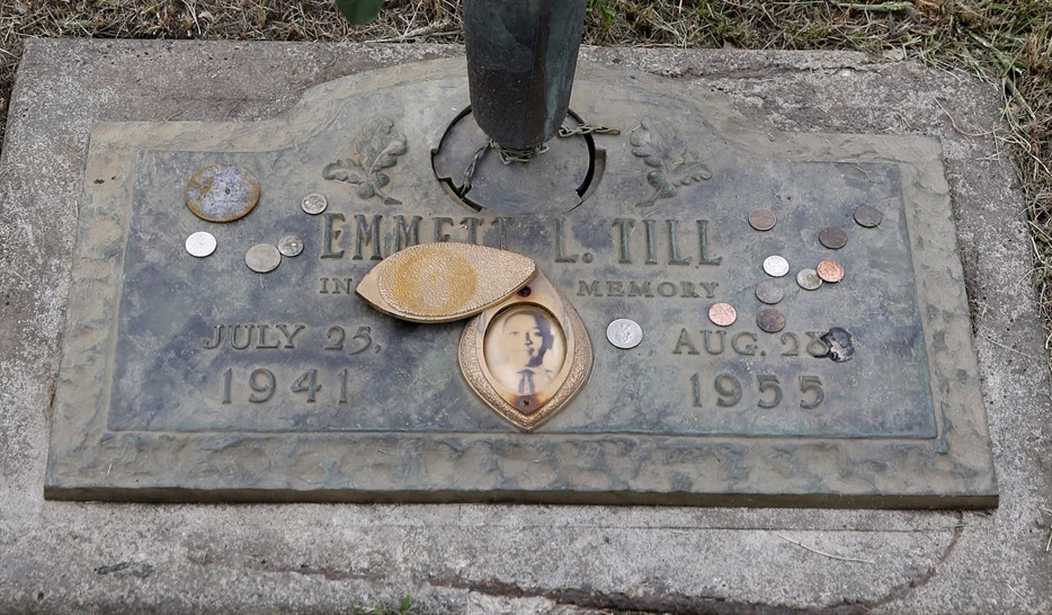A few days ago I launched what we might consider to be part one in our ongoing series examining the entirely nonsensical notion of what our liberal betters refer to as “cultural appropriation.” In it, I examined one author at the Washington Post who sought to “clarify” the issue by discarding the more frivolous instances of this phenomenon and focus on the real problems. Of course, those so-called real problems weren’t problems at all, except in the minds of the aggrieved.
Today, rather than focusing on the negative, I wanted to highlight one positive sign which popped up in the same publication. Richard Cohen has boldly unleashed an opinion piece titled, Thank God for Cultural Appropriation. Now, I realize that a lot of hard core liberals will immediately protest any characterization of Cohen as part of “the Left” because of his occasional forays into concepts which are anathema to the progressive base. Perhaps he’s more a centrist depending on your own preferences, but he spends the rest of his time robustly attacking Donald Trump, so take that as you will.
Cohen begins with a bit of history, looking at Billie Holiday’s recording of Strange Fruit, the classic song about lynchings which became widely associated with her. But as it turns out, that song was actually written by Abel Meeropol, a white, Jewish, communist high school teacher from the Bronx. Did Meeropol commit cultural appropriation by writing it? There’s an uncomfortable question for the Left to chew on for a while. Cohen then goes on to discuss a couple of the same pieces of artwork which we examined in the last article, deriding the idea that there was any theft of culture going on. After covering all of that ground as prelude, the author offers up these thoughts on precisely why so-called cultural appropriation isn’t a thing and it’s well worth your time to read.
The concept of cultural appropriation is nothing less than an intellectual fence: Keep out. If it had been adhered to, then Richard Fariña would not have written “Birmingham Sunday” after the bombing of the 16th Street Baptist Church in 1963 that took the lives of four girls. (The song was recorded by Joan Baez.) Bob Dylan could not have written about Hattie Carroll, the black barmaid who was killed by a drunk white patron in 1963. “The Lonesome Death of Hattie Carroll” speaks to both race and class. It is as much “An American Tragedy” as Theodore Dreiser’s classic novel.
We are a nation of cultural mutts — a point made brilliantly by Ann Douglas in her book “Terrible Honesty: Mongrel Manhattan in the 1920s.” Irving Berlin and other Jewish songwriters of Tin Pan Alley were influenced by the black music and musicians of New York. As Elvis Presley was decades later, they were clearly “appropriators,” but what could they do? Ignore what they were hearing? No, they were musical aggregators, as was, in his own way, Antonin Dvorak, a 19th-century Czech classical composer who either incorporated an American spiritual in his Symphony No. 9 or, as seems more likely, inspired one. Either way, it’s a great tune.
I was immediately attracted to the handy description of America as being a nation of cultural mutts. It’s a more folksy and spot on way to describe the same idea I was poking around at when this first came up and describes the concept perfectly. And this isn’t the first time Cohen has crossed swords with the easily offended in this regard. Just last month he did a separate column on how the protesters at Middlebury College were guilty of cultural appropriation… of fascists.
But as much as I admire Cohen’s sentiments and logic, it still doesn’t tell the whole story. Yes, as Americans (except for the Native Americans of course) we are clearly mutts. We cobbled together a culture which is not only “borrowed” from a countless host of sources, but really isn’t even homogeneous across the lower 48. And I don’t just mean minority communities hanging on to traditions from their homelands. We don’t have one single “white culture” in the United States, as anyone who has spent any amount of time in Boston, Baton Rouge and Brownsville will be able to tell you. As I previously wrote, we borrow from cultures all across the world and make those societal elements part of our own. Nobody owns them.
But the problem with this explanation is that it somehow writes a permission slip for America as a melting pot while implying that more ancient cultures such as those found across Europe and Asia don’t have the same options. Yes, most of those nations are far more homogeneous culturally, but they do adapt to the times on occasion. Were the Japanese guilty of cultural appropriation when they went wild for blue jeans following World War II? Should our cultural scolds on the American Left tell them all to go back to wearing kimonos? It’s a preposterous thought.
There is no cultural appropriation. And as for the idea of one group “borrowing” this or that bit of style, accent or flavor they learn from someone else, what of it? Nobody “owns” it. So feel free to stop lecturing us and go find something else to kvetch about. (Oops… I think I just appropriated some culture from the Jews.)









Join the conversation as a VIP Member